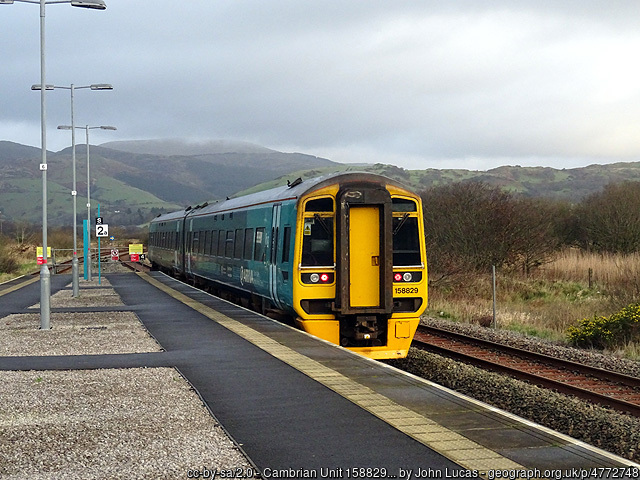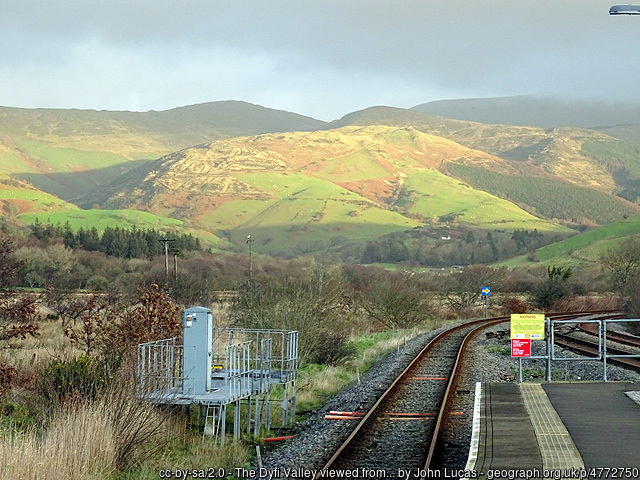Public transport offers a way to reduce carbon emissions and with first and last mile active journeys, it plays a part in us getting the right amount of exercise in our routines to keep healthy. It’s also important for community health, cohesion, and wellbeing, particularly for those who depend on services.
As important as it is for many, perhaps it is now more than ever, that public transport needs a boost in popularity. Covid-19 lockdowns and high rates of car use have impacted public transport use and passenger numbers haven’t bounced back. This could be because commuting patterns have changed. We are staying in more and engaging with technologies to meet many or our needs. For those most vulnerable, the risk of Covid infection is still present. The cost of living has skyrocketed and meanwhile fares have increased. But how many of us regularly think using the bus or train can be a positive experience? Could it be possible, by reconnecting people with the culture embedded in public transport use, that we might be able to shift perceptions of rail and bus journeys, the use of services and even the staff behind transport services?
As part of THINK’s engagement work with the public, we are planning a creative project to get people thinking about their journeys using public transport a bit more than they normally would. We are considering literature – fiction, biography, and poetry, for example – photography, music and sounds that relate to public transport and the people using it or working in and with it. We want to explore what writers and other creatives such as photographers, TV and film makers and performers are saying about transport, what kind of culture there is relating to it and what impact it has, or could have, on our perceptions of it.
If you’ve come across an author, an image or piece of music, TV or film you think relates to transport or making a journey by public transport, get in touch by emailing THINK@aber.ac.uk (subject ‘Lanes and Lines’) or Tweeting or ‘DMing’ @TransportHealth.
To start this off, THINK researcher Lucy Baker is describing and relating, personally, to a poem from Wales.
Waiting for a train at an isolated rural station? Slow down and enjoy the quiet moments in life, but not for too long!
The poem I’ve chosen to share is ‘Life’s Dovey Junctions’ by Geraint Løvegreen written in Welsh and translated to English by the author himself. I’ve chosen this one because it uses the train and journeying (or not) to philosophise on life and the value of the unspectacular and mundane times of our lives that are also grounded in familiar places. The poem is also a commentary on something quite relevant to rural Welsh culture, which is an isolated rail platform – in this case, Dovey Junction – much like Kilgetty or Clunderwen, as I remember, in Pembrokeshire.

If “Life is a just a journey” for some, Life’s Dovey Junctions is about the times between, or without, the journeys for others; the moments when we may not be moving anywhere. The poem starts with the speaker of the poem describing a place they don’t want to be in life. It’s almost despairing in tone,
“I’ve stood there hopefully in a case a train comes down the track
to take me on from here, or take me back”.
The poem touches on a feeling of loneliness describing the isolated Dovey Junction station after everyone has gone.
“I slept there on the platform, I missed a train or three,
before long there was no one left but me.”
There is a sense of disconnect from others for the speaker of the poem. I’m interpreting this to mean people have moved on in their lives. A suggestion of forward progression, be it with achieving more than he or she, or having simply moved on geographically. This could be related to people moving on from rural to urban places and to what could be considered as more happening places. Growing up in a small town in Wales, it was a good place, but I had a feeling I wanted to experience other places and moved on leaving that station, so to speak.
In the 3rd verse, the speaker of the poem makes a comparison of a quiet rural station – where there is little change regardless of the season – with a busier station of a city, suggested by it being noisier and more polluted. There are benefits to rural living, like the fresh air and quiet, but as I was reading, I was thinking of what more could be happening elsewhere:
“you get a lot less noise and smoke, in winter, spring or fall,
life’s Dovey Junctions aren’t so bad at all.”
But, even if, when, or where, not much happens or changes in life – that can be okay. Life’s Dovey Junctions are, as the speaker describes, “what keeps us on the rails”. With this I relate to routine and the stability and comfort it offers. This can get dull, of course, and it’s good to have a challenge or a change, but it is also good to have things in life that, no matter what is going on, offer comfort and ease because they don’t really change and are familiar. That can be a place, as in the poem, that is “unforgettable”. This is Wrexham Kop in the poem, the local lingo for a terrace of Wrexham City’s football stadium where Geraint grew-up and went to school. The weather adds to the unforgettable experience,
“there you’ll see us standing, young and old, out in the rain,
and somehow never quite catching that train.”
Anyone who knows Wales, knows rain. But still, there’s an enjoyable moment for the speaker of the poem among devoted fans out in their local stadium in the rain. The fans are young and old – different – but connected, there in their local ground. It’s a place that stays the same and that brings comfort to those familiar – just like the Dovey Junctions of life.
The final verse of the poem encourages us to slow down and to enjoy not always being on the move. But it also cautions to us not to wait so long that life passes us by leaving us regretful or getting stuck in place from which it is difficult to get going:
“in life’s Dovey Junctions you can stop, enjoy the view,
but don’t miss that last connection, whatever you do”.

I can take this message as it is and I think the whole poem reads like a sound piece of advice you might hear from an elder, which is also comforting. But it’s also warming for me to read this while it evokes memories of rushing to catch transport being always late. I’ve learned to only take a bus out places and walk back since missing a final bus home from Tintern to Monmouth necessitated my father having to drive out and fetch the stranded adventurer. There’s often a thrill though of the chase – Newtown to Cardiff knowing the next train is a two hour wait – arriving as the train roles in is almost perfect timing, isn’t it? Or is it a chance to take a moment of “quiet solitude to pass the time away”?
The poem is comforting. It moves from a negative tone, almost despairing and lonely, but progresses to uplifting. It’s telling us it’s okay to slow down and enjoy the times when not much is going on, or when we’re not going anywhere, or to take pleasure in the places that have become mundane. It’s not for everyone, but for some, these are “the best” times. But, although we hear in the poem you can’t force change, there is a warning to not linger to a point of no escape. Perhaps we can enjoy most the quiet moments when there is opportunity ahead for something more. We may not know this for sure, or when it might happen, but there should (I think) be an anticipation, or hope, for excitement and something more.
If I have to summarise what this means to me while considering public transport culture, I’d say this poem shows we can collectively, and even nationally, relate to transport and the places and experiences that go with it. Because of this common association, public transport can be used as a metaphor to give message about life and to share a feeling, a moment and place we all know, enjoy, or fear. For me, that (and the poem) makes public transport a special thing to be valued even though mundane.
Life’s Dovey Junctions by Geraint Løvegreen is published by Bloodaxe Books in Menna Elfyn and John Rowlands (eds.) The Bloodaxe Book of Modern Welsh Poetry: 20th-century Welsh-language poetry in translation. 2003. Northumberland: Bloodaxe Books p. 332-333.
Geraint Løvgreen (b.1955) is originally from Rosset, attended school in Wrexham and Newtown and was a student at the University of Wales, Aberystwyth.
Dovey Junction railway station (Welsh: Cyffordd Dyfi) is on the Cambrian Line and located in Dyfi National Nature Reserve. It has no road access and can only be reached by a footpath from the A487. It has a single island platform. It is the junction where the line splits into the line to Aberystwyth and the Cambrian Coast Line to Pwllheli with one service per hour during peak times and one service every 2 hours during off-peak times.
How to get involved with Lanes and Lines
If you have a piece of writing, an image or song you’d like to share with us along with some commentary please do get in touch by emailing THINK@aber.ac.uk with the subject line ‘Lanes and Lines’. We can help write up your interpretation of a poem, a piece of music or an image that you or someone else has taken, just get in touch. You can also tweet us with an image or a suggestion of a piece of music @TransportHealth. We are planning to hold an exhibition as part of the project showcasing a variety of pieces on transport and journeys in 2023.